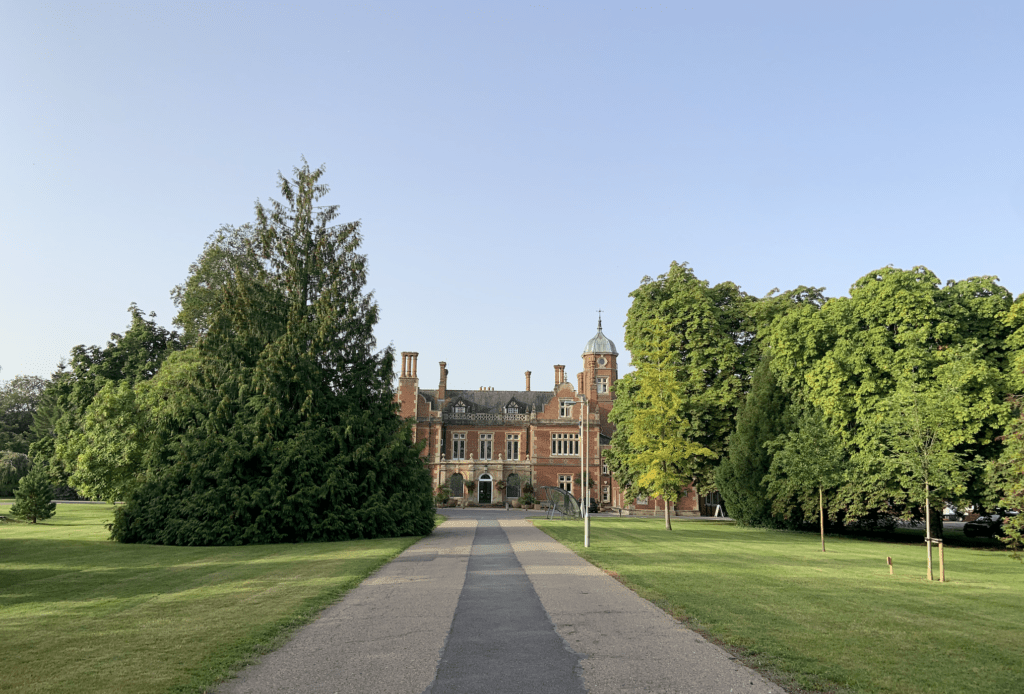Alzheimer’s
What’s the difference between Dementia and Alzheimer’s?
Alzheimer’s is a type of dementia. Dementia is a catch-all term which means a change in memory, thinking or behaviour. In our clinic, we offer a ‘dementia assessment’ which covers all bases.
Causes of Dementia:
- Alzheimer’s
- Vascular dementia – e.g. changes in the brain’s blood vessels
- Lewy Body Dementia or Parkinson’s disease
- Fronto-temporal dementia
- Reversible causes and mimics
We have a simple, 5 question quiz, which is a starting point – click here to take quiz
There are many other causes which will be explored in your assessment. These include vitamin deficiencies, medication side effects, thyroid problems, strokes, traumatic brain injuries, depression, normal pressure hydrocephalus and many more.
What medications are helpful for Alzheimer’s?
There are several tablet medications we are able to prescribe – please see our free PDF guide. Most patients will start with donepezil, which helps to boost a chemical involved in memory called acetylcholine. Other similar medications you may come across are called rivastigmine and galantamine. Memantine is another tablet medication which can be helpful. It works by blocking the effects of a different chemical, called glutamate. We currently do not offer medications which require a drip or hospital stay, e.g. the antibody medications – lecanemab or donanemab. Sometimes patients need other medications to help with associated symptoms, like sleep and mood, which can be provided by your GP or by us if needed.
What is neuromodulation, and am I eligible?
For some patients, we are able to perform add-on neuromodulation treatment in our neurostimulation lab in the clinic. Patients should continue their regular treatment plan and medications – this is why it is called an ‘add on’ or adjunctive treatment. Neuromodulation refers to stimulating the brain non-invasively and painlessly. There are different types of neuromodulation methods, for example transcranial magnetic stimulation (TMS), transcranial pulse stimulation (TPS) and transcranial direct current stimulation (tDCS). These target different symptoms, depending on your clinical situation. See the neurostimulation lab page for details on eligibility.
Does Alzheimer’s cause insomnia?
Sleep problems, such as insomnia, are common in Alzheimer’s and we can help with behavioural techniques and, if needed, medications.
What is mild cognitive impairment (MCI) and is it different to dementia?
Mild cognitive impairment (MCI) refers to milder changes in memory, thinking or behaviour. The person affected usually is able to function normally day to day. Some of these patients may worsen, and when their function deteriorates, this is called dementia. However, some may not progress or progress more slowly. MCI can be due to early Alzheimer’s disease. However, sometimes it can be due to normal ageing or a range of other causes.
Can attention deficit hyperactivity disorder (ADHD) cause memory problems?
We are increasingly seeing patients with undiagnosed attention deficit hyperactivity disorder (ADHD) with memory problems, in which case the ADHD should be treated, as the underlying problem is actually attention and focus rather than memory itself.
Why do I need an assessment?
Sometimes, other conditions can mimic Alzheimer’s so it’s important to rule these out. An Alzheimer’s assessment is essential to understanding your cognitive health and pinpointing any memory, thinking, or behavior changes that may signal early signs of change.
Our in-depth assessment helps create a personalized picture of your cognitive status and provides an opportunity for early intervention, which can be crucial in managing symptoms and slowing disease progression. Early diagnosis also allows us to tailor recommendations and treatments, enabling you and your loved ones to plan for the future with clarity and support.
Once I’ve had my assessment, what do you do to help me?
After your assessment, we provide a clear, structured plan based on your unique needs. This may include guidance on lifestyle changes and medication. We also offer ongoing monitoring and support to adapt your care plan as needed, ensuring you get the best care and advice for managing symptoms over time. Our goal is to enhance your quality of life and empower you with strategies to preserve your memory, improve your cognitive health, and stay connected with your loved ones.
Frequently asked questions
What is mild cognitive impairment (MCI) and is it different to dementia?
Mild cognitive impairment (MCI) refers to milder changes in memory, thinking or behaviour. The person affected usually is able to function normally day to day. Some of these patients may worsen, and when their function deteriorates, this is called dementia. However, some may not progress or progress more slowly. MCI can be due to early Alzheimer’s disease. However, sometimes it can be due to normal ageing or a range of other causes.
Can attention deficit hyperactivity disorder (ADHD) cause memory problems?
We are increasingly seeing patients with undiagnosed attention deficit hyperactivity disorder (ADHD) with memory problems, in which case the ADHD should be treated, as the underlying problem is actually attention and focus rather than memory itself.
Why do I need an assessment?
Sometimes, other conditions can mimic Alzheimer’s so it’s important to rule these out. An Alzheimer’s assessment is essential to understanding your cognitive health and pinpointing any memory, thinking, or behavior changes that may signal early signs of change.
Our in-depth assessment helps create a personalized picture of your cognitive status and provides an opportunity for early intervention, which can be crucial in managing symptoms and slowing disease progression. Early diagnosis also allows us to tailor recommendations and treatments, enabling you and your loved ones to plan for the future with clarity and support.
Once I’ve had my assessment, what do you do to help me?
After your assessment, we provide a clear, structured plan based on your unique needs. This may include guidance on lifestyle changes and medication. We also offer ongoing monitoring and support to adapt your care plan as needed, ensuring you get the best care and advice for managing symptoms over time. Our goal is to enhance your quality of life and empower you with strategies to preserve your memory, improve your cognitive health, and stay connected with your loved ones.
What medications are helpful for Alzheimer’s?
There are several tablet medications we are able to prescribe – please see our free PDF guide. Most patients will start with donepezil, which helps to boost a chemical involved in memory called acetylcholine. Other similar medications you may come across are called rivastigmine and galantamine. Memantine is another tablet medication which can be helpful. It works by blocking the effects of a different chemical, called glutamate. We currently do not offer medications which require a drip or hospital stay, e.g. the antibody medications – lecanemab or donanemab. Sometimes patients need other medications to help with associated symptoms, like sleep and mood, which can be provided by your GP or by us if needed.
What is neuromodulation, and am I eligible?
For some patients, we are able to perform add-on neuromodulation treatment in our neurostimulation lab in the clinic. Patients should continue their regular treatment plan and medications – this is why it is called an ‘add on’ or adjunctive treatment. Neuromodulation refers to stimulating the brain non-invasively and painlessly. There are different types of neuromodulation methods, for example transcranial magnetic stimulation (TMS), transcranial pulse stimulation (TPS) and transcranial direct current stimulation (tDCS). These target different symptoms, depending on your clinical situation. See the neurostimulation lab page for details on eligibility.
Does Alzheimer’s cause insomnia?
Sleep problems, such as insomnia, are common in Alzheimer’s and we can help with behavioural techniques and, if needed, medications.
Meet Our Team
Our Clinic
Neuro Clinics aims to bring world class care to patients suffering from neurological and psychiatric disorders. Our UK clinic is located in Oxfordshire, in a historic manor house. The beautiful gardens and site make for a therapeutic environment, where patients can take a walk in the greenery and visit the river Thames. If you are travelling to the clinic from abroad, Heathrow is an hour away, and there are many accommodation options in nearby Oxford. If driving, there is ample free parking, making for stress free visits.


